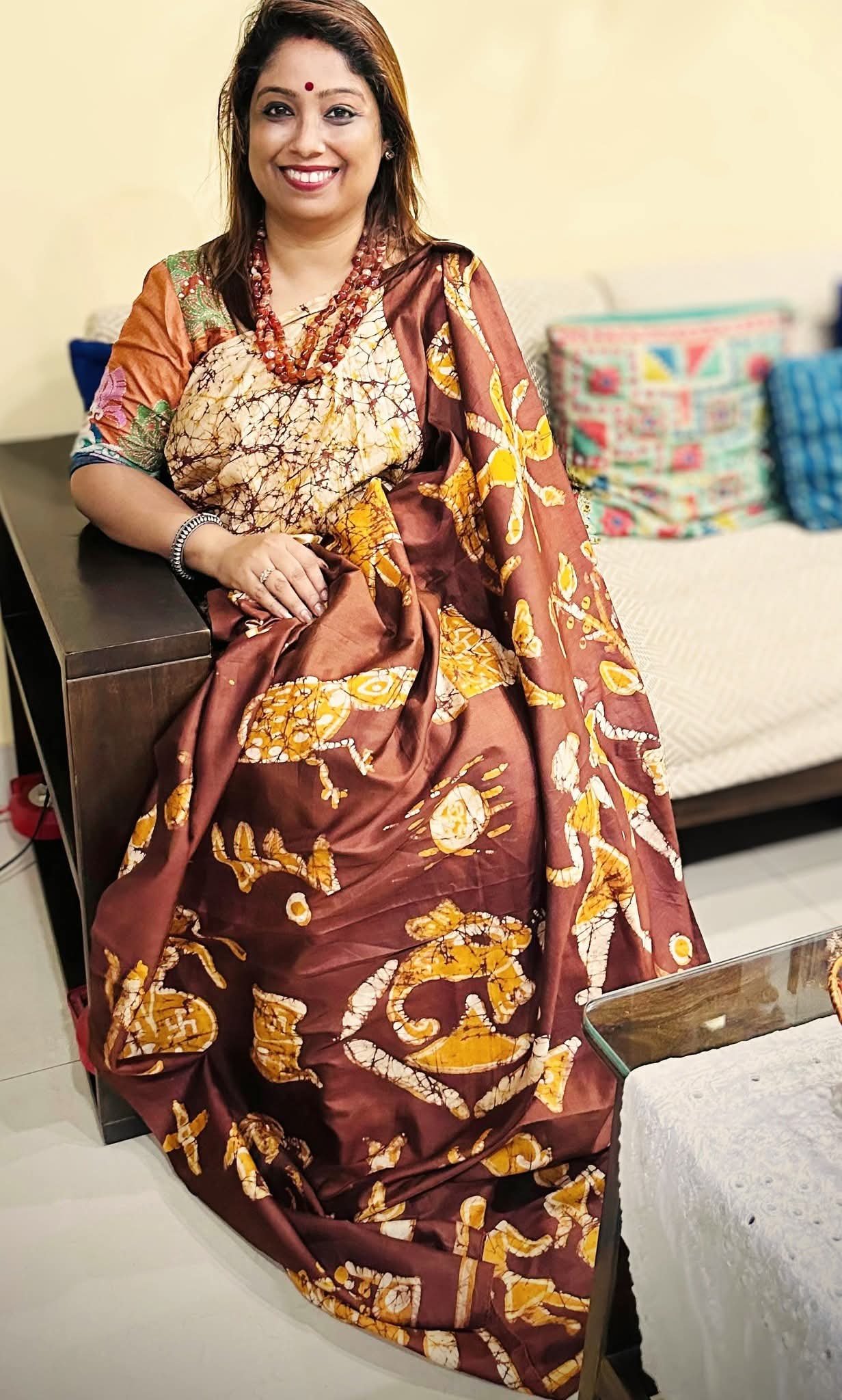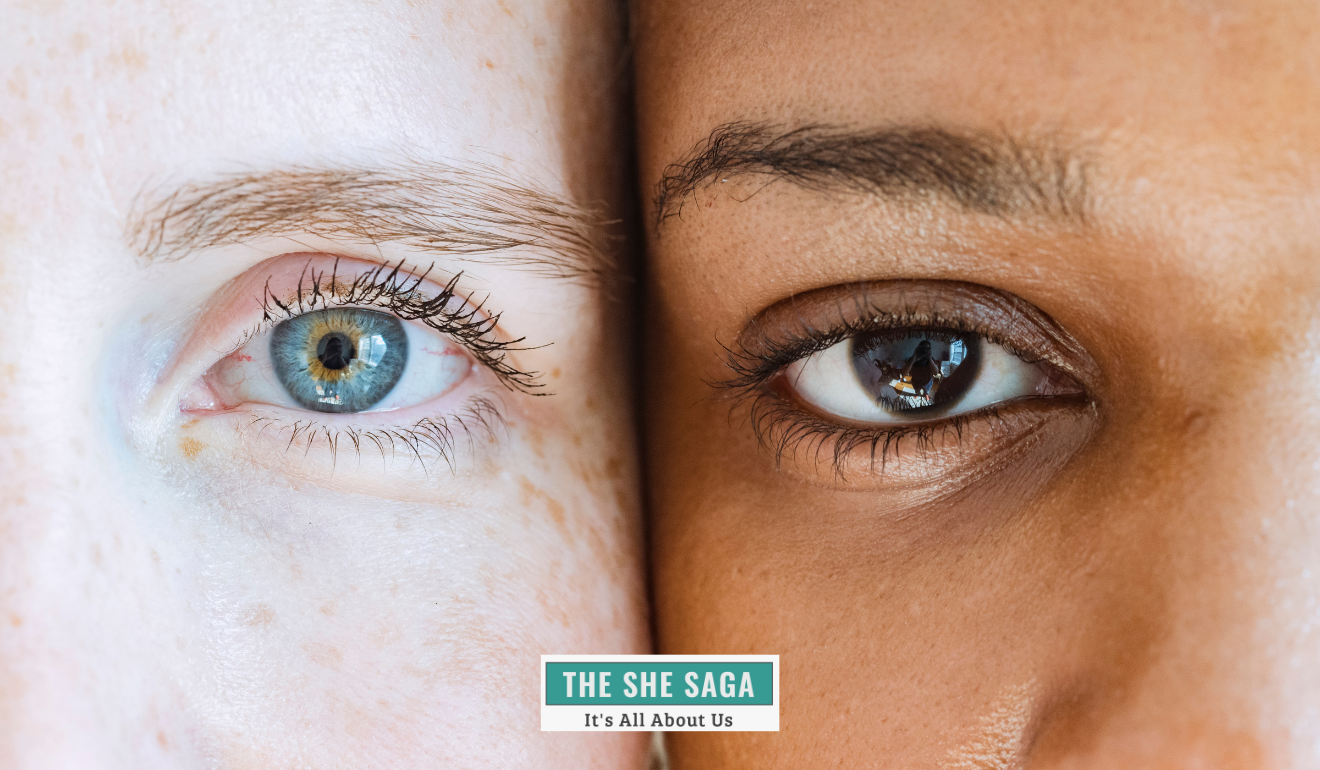As we gear up to celebrate our 79th Independence Day, I decided to choose two of my favorite books as my foundational analogy to speak about true freedom, especially for women. It’s because I feel great literature distills truths that transcend time and politics.
Pride and Prejudice and Ghore Baire, though worlds apart in setting, speak of the same core question: what does it truly mean for a woman to be free?
In Elizabeth Bennet’s England and Bimala’s Bengal, I find reflections of our journey—how far we’ve come in seventy-eight years, and how much further freedom must travel within our hearts and minds.

In both Pride and Prejudice and Ghore Baire, freedom for women is not simply the absence of constraints—it’s the ability to choose with dignity and self-respect in worlds that were quietly built to deny them that.
Elizabeth Bennet’s wit and refusal to marry without respect are radical acts in Regency England. As she famously tells Darcy, “My courage always rises with every attempt to intimidate me,” and later, in rejecting a loveless security, “You could not make me happy, and I am convinced that I am the last woman in the world who could make you so.” Her freedom lies in the insistence that love must never come at the cost of self-worth.

And I so identify with these thoughts.
In Ghore Baire, Bimala’s awakening is both exhilarating and if I may say so, dangerous. Her husband, Nikhilesh, urges her into the outer world—“I want you to be complete, not merely mine“—yet the intoxicating rhetoric of Sandip pulls her into moral uncertainty. Tagore’s warning is subtle but clear: liberation without inner clarity risks becoming another form of captivity.
As a die-hard fan of both books, I often find both heroines looking straight at me across the pages.

Even after 25 years of marriage and a similar career in a large multinational, I know my truest quest still exists for that inner freedom.
No one is holding me back; the bars are of my own making—self-imposed constraints of behavior, the quiet disciplining of the self to “fit,” the silent negotiations between who I am and who I think I should be.

Seventy-eight years after India’s independence, the arc from Austen’s England and Tagore’s Bengal to today’s India is inspiring but unfinished. Women are breaking barriers—in boardrooms, courts, laboratories, households, and parliaments—yet they still navigate the shadow lines of societal expectation, safety concerns, and cultural double standards.
Liberation has expanded the map of possibilities( sometimes wrongly implemented through callous behavior). However, the deeper freedom—the kind Elizabeth and Bimala hungered for—still demands that a woman’s voice be valued without conditions, her choices respected without explanation, and her dreams pursued without apology.
True independence will be when the boundaries between the ghor and the baire dissolve completely, not just in law, but in lived reality—when no woman must choose between being complete and being free.

By Sanghamitra GhoshBasu
Sanghamitra is an IT professional from Kolkata. A wanderer at heart, she embraces the world with open arms and endless curiosity. She can be contacted at sghoshbasu@gmail.com











2 Responses
Wonderfully written! such a nice read!
Thank you